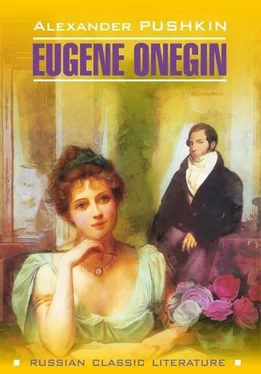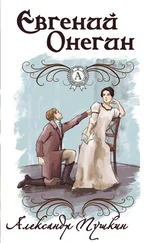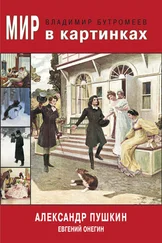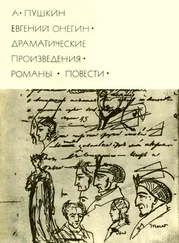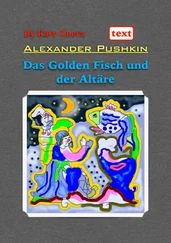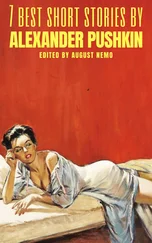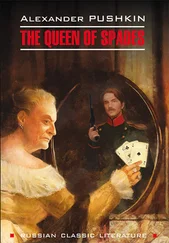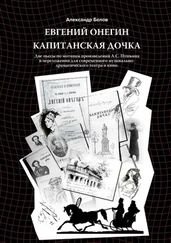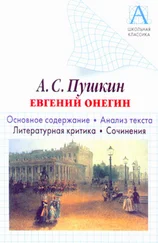This he believed: a kindred spirit
Impelled to union with his own
Lay languishing both day and night —
Waiting his coming – his alone!
He deemed his friends but longed to make
Great sacrifices for his sake!
That a friend’s arm in every case
Felled a calumniator base!
That chosen heroes consecrate,
Friends of the sons of every land,
Exist – that their immortal band
Shall surely, be it soon or late,
Pour on this orb a dazzling light
And bless mankind with full delight.
Compassion now or wrath inspires
And now philanthropy his soul,
And now his youthful heart desires
The path which leads to glory’s goal.
His harp beneath that sky had rung
Where sometime Goethe, Schiller sung,
And at the altar of their fame
He kindled his poetic flame.
But from the Muses’ loftiest height
The gifted songster never swerved,
But proudly in his song preserved
An ever transcendental flight;
His transports were quite maidenly,
Charming with grave simplicity.
He sang of love – to love a slave.
His ditties were as pure and bright
As thoughts which gentle maidens have,
As a babe’s slumber, or the light
Of the moon in the tranquil skies,
Goddess of lovers’ tender sighs.
He sang of separation grim,
Of what not, and of distant dim,
Of roses to romancers dear;
To foreign lands he would allude,
Where long time he in solitude
Had let fall many a bitter tear:
He sang of life’s fresh colours stained
Before he eighteen years attained.
Since Eugene in that solitude
Gifts such as these alone could prize,
A scant attendance Lenski showed
At neighbouring hospitalities.
He shunned those parties boisterous;
The conversation tedious
About the crop of hay, the wine,
The kennel or a kindred line,
Was certainly not erudite
Nor sparkled with poetic fire,
Nor wit, nor did the same inspire
A sense of social delight,
But still more stupid did appear
The gossip of their ladies fair.
Handsome and rich, the neighbourhood
Lenski as a good match received, —
Such is the country custom good;
All mothers their sweet girls believed
Suitable for this semi-Russian.
He enters: rapidly discussion
Shifts, tacks about, until they prate
The sorrows of a single state.
Perchance where Dunia pours out tea
The young proprietor we find;
To Dunia then they whisper: Mind!
And a guitar produced we see,
And Heavens! warbled forth we hear:
Come to my golden palace, dear! [22] From the lay of the Russalka, mermaid of the Dnieper.
But Lenski, having no desire
Vows matrimonial to break,
With our Onegin doth aspire
Acquaintance instantly to make.
They met. Earth, water, prose and verse,
Or ice and flame, are not diverse
If they were similar in aught.
At first such contradictions wrought
Mutual repulsion and ennui,
But grown familiar side by side
On horseback every day they ride —
Inseparable soon they be.
Thus oft – this I myself confess —
Men become friends from idleness.
But even thus not now-a-days!
In spite of common sense we’re wont
As cyphers others to appraise,
Ourselves as unities to count;
And like Napoleons each of us
A million bipeds reckons thus
One instrument for his own use —
Feeling is silly, dangerous.
Eugene, more tolerant than this
(Though certainly mankind he knew
And usually despised it too),
Exceptionless as no rule is,
A few of different temper deemed,
Feeling in others much esteemed.
With smiling face he Lenski hears;
The poet’s fervid conversation
And judgment which unsteady veers
And eye which gleams with inspiration —
All this was novel to Eugene.
The cold reply with gloomy mien
He oft upon his lips would curb,
Thinking: ’tis foolish to disturb
This evanescent boyish bliss.
Time without me will lessons give,
So meantime let him joyous live
And deem the world perfection is!
Forgive the fever youth inspires,
And youthful madness, youthful fires.
The gulf between them was so vast,
Debate commanded ample food —
The laws of generations past,
The fruits of science, evil, good,
The prejudices all men have,
The fatal secrets of the grave,
And life and fate in turn selected
Were to analysis subjected.
The fervid poet would recite,
Carried away by ecstasy,
Fragments of northern poetry,
Whilst Eugene condescending quite,
Though scarcely following what was said,
Attentive listened to the lad.
But more the passions occupy
The converse of our hermits twain,
And, heaving a regretful sigh,
An exile from their troublous reign,
Eugene would speak regarding these.
Thrice happy who their agonies
Hath suffered but indifferent grown,
Still happier he who ne’er hath known!
By absence who hath chilled his love,
His hate by slander, and who spends
Existence without wife or friends,
Whom jealous transport cannot move,
And who the rent-roll of his race
Ne’er trusted to the treacherous ace.
When, wise at length, we seek repose
Beneath the flag of Quietude,
When Passion’s fire no longer glows
And when her violence reviewed —
Each gust of temper, silly word,
Seems so unnatural and absurd:
Reduced with effort unto sense,
We hear with interest intense
The accents wild of other’s woes,
They stir the heart as heretofore.
So ancient warriors, battles o’er,
A curious interest disclose
In yarns of youthful troopers gay,
Lost in the hamlet far away.
And in addition youth is flame
And cannot anything conceal,
Is ever ready to proclaim
The love, hate, sorrow, joy, we feel.
Deeming himself a veteran scarred
In love’s campaigns Onegin heard
With quite a lachrymose expression
The youthful poet’s fond confession.
He with an innocence extreme
His inner consciousness laid bare,
And Eugene soon discovered there
The story of his young love’s dream,
Where plentifully feelings flow
Which we experienced long ago.
Alas! he loved as in our times
Men love no more, as only the
Mad spirit of the man who rhymes
Is still condemned in love to be;
One image occupied his mind,
Constant affection intertwined
And an habitual sense of pain;
And distance interposed in vain,
Nor years of separation all
Nor homage which the Muse demands
Nor beauties of far distant lands
Nor study, banquet, rout nor ball
His constant soul could ever tire,
Which glowed with virginal desire.
When but a boy he Olga loved
Unknown as yet the aching heart,
He witnessed tenderly and moved
Her girlish gaiety and sport.
Beneath the sheltering oak tree’s shade
He with his little maiden played,
Whilst the fond parents, friends thro’ life,
Dreamed in the future man and wife.
And full of innocent delight,
As in a thicket’s humble shade,
Beneath her parents’ eyes the maid
Grew like a lily pure and white,
Unseen in thick and tangled grass
By bee and butterfly which pass.
Читать дальше
